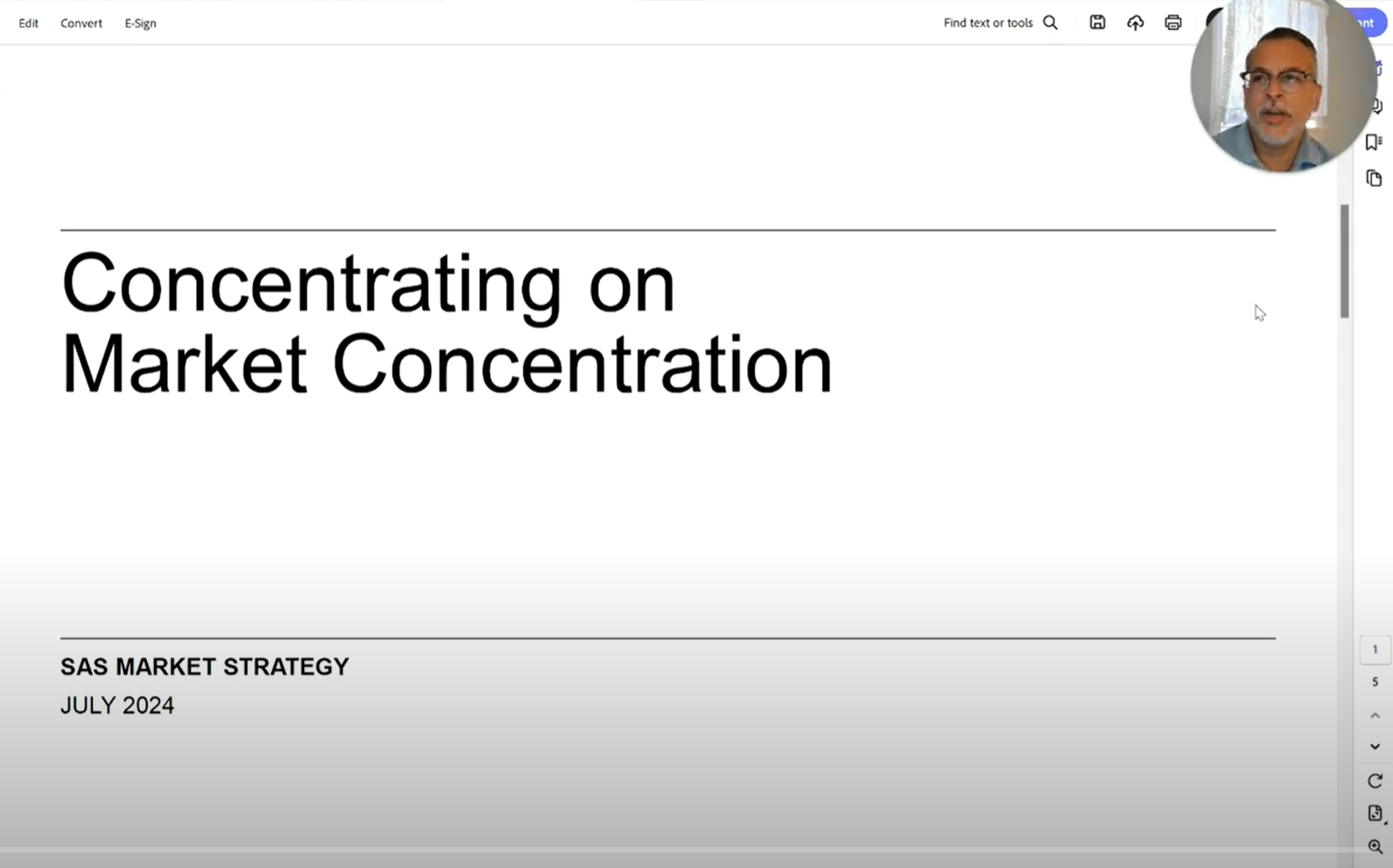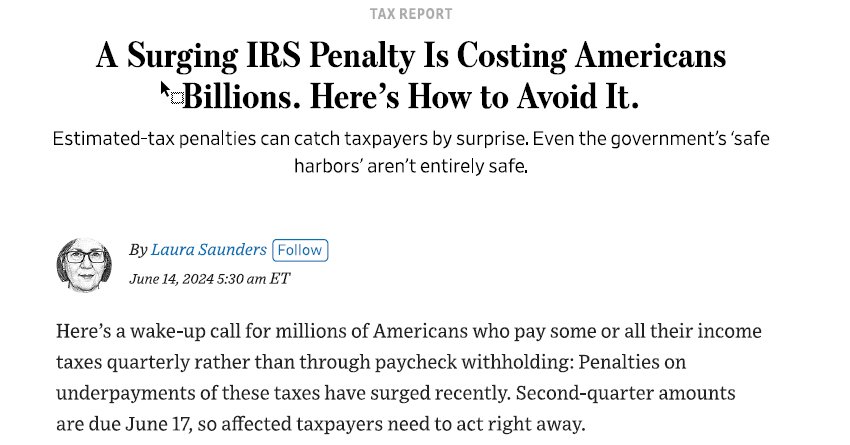We haven’t heard the term “bipartisan support” used too frequently as of late. However, the “Setting Every Community Up for Retirement Enhancement Act of 2019” (aka the SECURE Act) seems to be an exception to the rule.
The SECURE Act was passed by the House of Representatives almost unanimously (417-3 in favor). At its very core, the SECURE Act is designed to make it easier for people to save for retirement and for employers (especially small businesses) to offer retirement plans to their employees.
The Senate is up next and will reconcile their version of retirement reform (the Retirement Enhancement Savings Act, or RESA, bill), against the SECURE Act (which hasn’t yet been introduced in the Senate).
While we haven’t had a chance to fully dive-in, digest, and evaluate the planning opportunities that would arise from this bill, we’ve included a high-level summary of some of the highlights:
- Repeal maximum age to make IRA contributions
- Changing RMD age from 70.5 to 72
- Tax/penalty free withdrawals from a Roth for birth/adoption (up to $5k)
- Treating apprenticeship payments and stipends as compensation for IRA contribution purposes
- Eliminate stretch-IRA option for both pre-tax qualified accounts and Roths – the SECURE Act mandates the IRA must be distributed within 10 years of the original owner’s death (this is a big one from a legacy/wealth transfer planning perspective!)
- Parents can withdraw up to $10k from a 529 Plan to repay student loans
- Employer retirement plans:
- Increase credit for small employer retirement plans to make it easier for small businesses to establish and administer retirement plans.
- Revise eligibility requirements for participants making it easier for part-time workers to participate in a retirement plan
- Allowing companies (regardless of industry/business) to join together in forming multiple employer 401k plans.
We will keep you apprised of any further updates, but it seems like there’s a very high likelihood this bill passes in some form! Having said that, even if a bill is passed, the new law likely will not take effect until January 2022.
Stay tuned…













